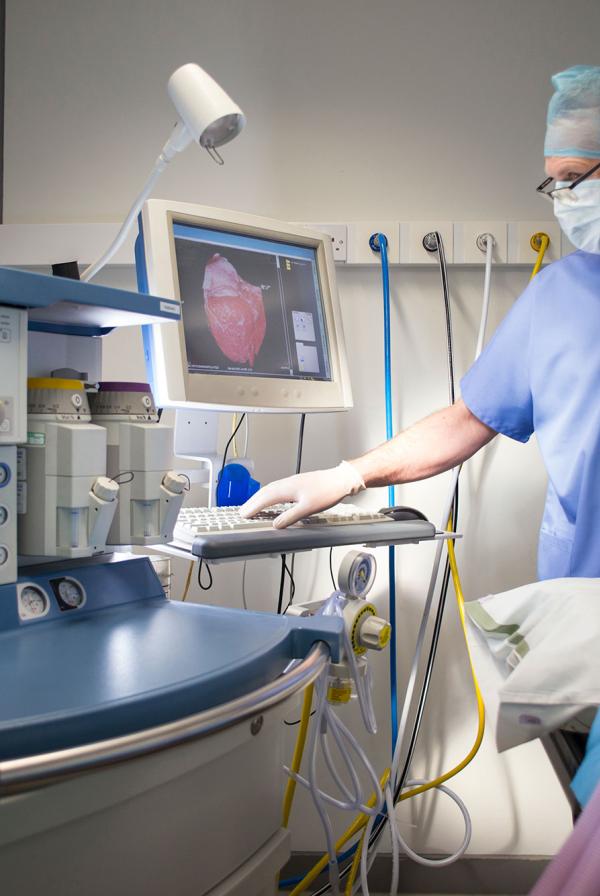#CovidEmergency campaign
We are now in the highest COVID-19 alert level and we know there is a material risk of some NHS services being overwhelmed.
Despite this, there is a vocal minority of commentators who believe the threat from COVID-19 is overplayed. This has manifested itself in falsehoods appearing on some national broadcast outlets, with social media being used to amplify what we believe to be a dangerous rhetoric. These falsehoods could encourage some members of the public to choose not to adhere to the lockdown restrictions, while it is also damaging the morale of NHS staff who have been battling the pandemic for almost a year.
As the membership organisation that brings together, supports and speaks on behalf of all healthcare organisations in England, Wales and Northern Ireland, we will continue to use our platform to promote greater understanding and awareness of the severity of the challenge facing frontline services.
That is why we have launched our #CovidEmergency campaign. The campaign is informed by the following truths that we hold to be self-evident:
Our campaign
We stand in support of our members working across hospital, community, mental health and ambulance trusts; primary care networks; clinical commissioning groups; and integrated care systems. They are playing a vital role in responding to this unprecedented pandemic. However, they are being let down by a rising tide of disinformation and falsehoods that are not only undermining their efforts and morale, but which also risk public compliance with the lockdown restrictions.
We know the situation facing the NHS is real and serious. The NHS is working on the edge of what is safe and sustainable and has been for a number of weeks. We must get the level of infections down so that the NHS can deliver the care that people need and expect. The main way of doing that is by ensuring we all adhere to the rules and break the chains of transmission. This will alleviate the pressure on the NHS and, ultimately, move the country out of lockdown.
We will do all we can to promote greater understanding and awareness of the extreme pressure the NHS is under and encourage others to do so via #CovidEmergency
